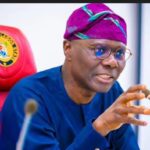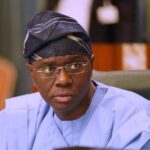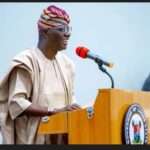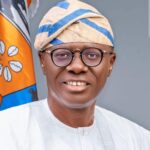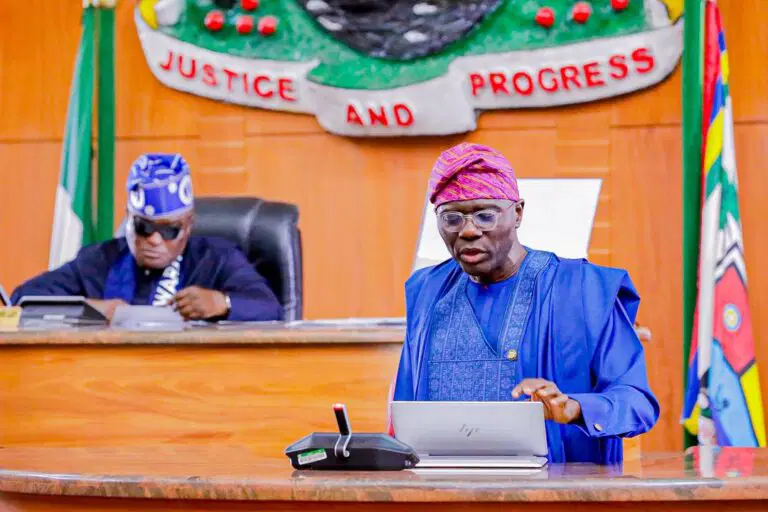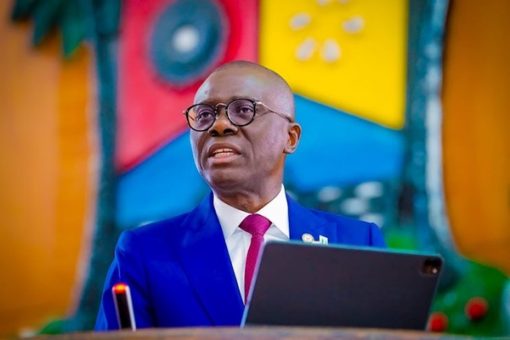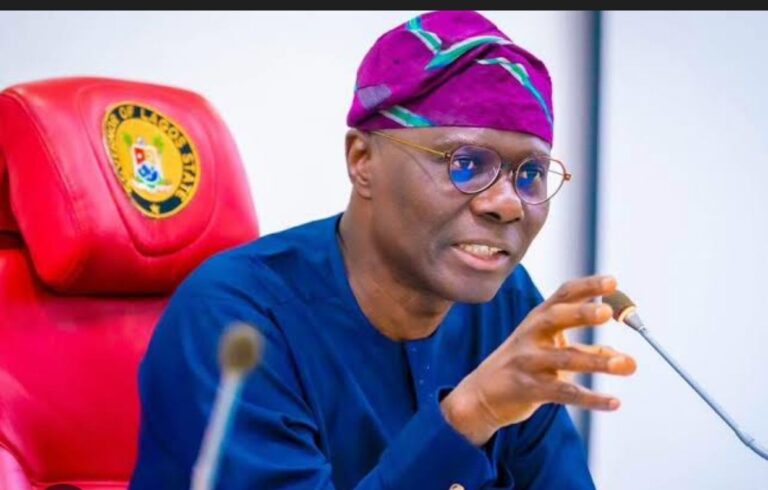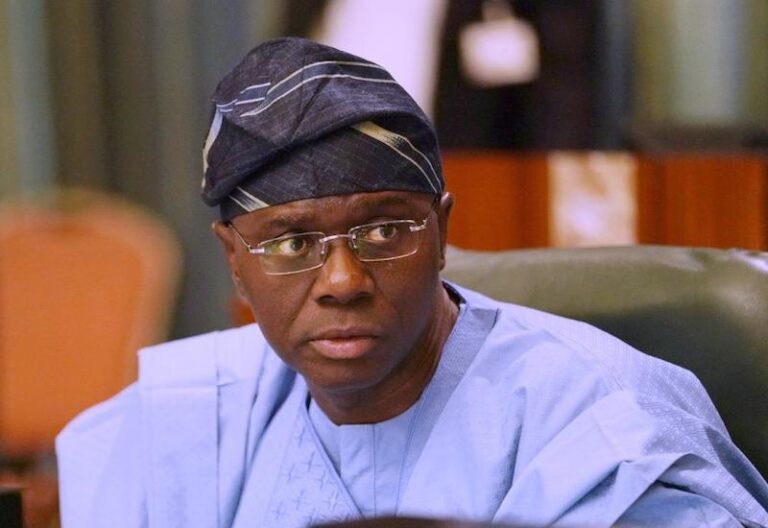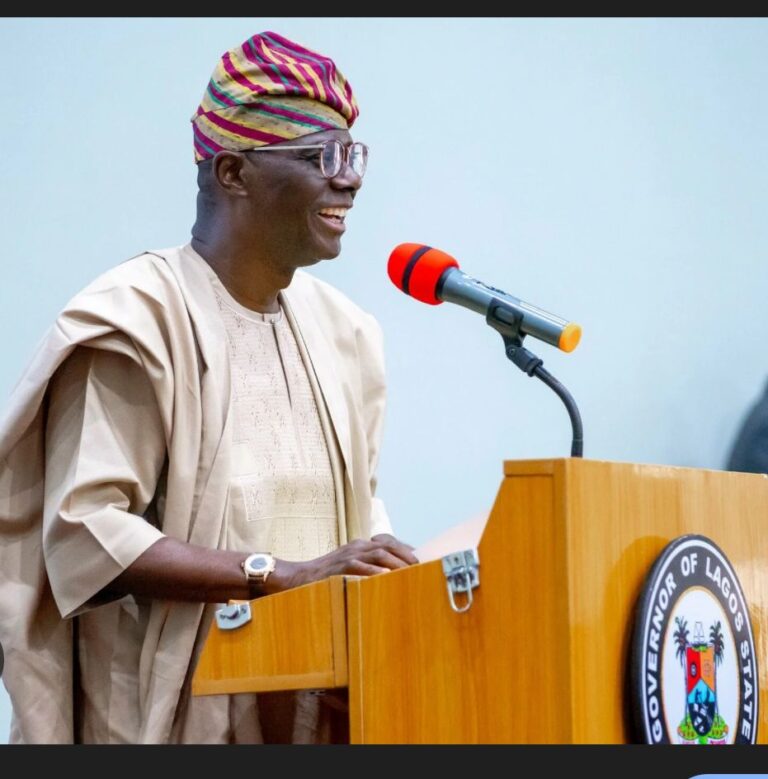Sanwo-Olu Defends Lagos as Nigeria’s Most Indebted State, Framing Debt as Strategic Investment

Lagos State has been identified as the highest debtor among Nigeria’s regions, both in domestic and foreign obligations, according to recent data from the National Bureau of Statistics (NBS). The report reveals that in the first quarter of 2024, Lagos’s domestic debt reached ₦929.41 billion, significantly higher than Delta State’s ₦334 billion.
Despite concerns regarding this debt profile, Governor Babajide Sanwo-Olu reassured Lagosians that the borrowing remains within sustainable limits. During an appearance on Channels Television’s Politics Today program, he explained that the state’s debt-to-revenue ratio is currently below the national benchmark of 40%.
“The acceptable debt ratio is around 40%, but we are currently at about 28-29%, which is well below the threshold,” Sanwo-Olu stated.
The governor emphasized that Lagos’s existing debt should be viewed as a strategic investment in the state’s future. He noted that the state has the capacity to manage even greater debt, recalling a previous statement in February where he mentioned that Lagos could potentially absorb up to ₦20 trillion in debt.
“This ₦2 trillion debt figure is merely a statistic. Lagos is capable of managing up to ₦20 trillion. Initially, my team proposed a ₦6 trillion budget this year, but we opted for ₦2 trillion to ensure prudence,” Sanwo-Olu explained.
He highlighted the remarkable growth of Lagos’s budget over the past five years, pointing out that the state has consistently achieved over 90% budget performance.
“When we took office, we inherited a budget of ₦620 billion. Today, Lagos operates with a budget of ₦2.3 trillion, and we expect to close this year at about ₦2.5 trillion,” Sanwo-Olu noted.
The governor stressed the state’s effective financial management, asserting that Lagos achieves 95% budget performance annually. He believes this demonstrates the state’s economic strength and its ability to manage debts responsibly while fostering development.
Sanwo-Olu’s defense of Lagos’s debt policy comes amid rising concerns about Nigeria’s overall public debt burden, with analysts questioning the long-term sustainability of heavy borrowing at both the federal and state levels.
For Sanwo-Olu, the borrowing strategy is part of a comprehensive plan to secure the state’s economic future: “Our investments today will yield returns tomorrow,” he assured.

